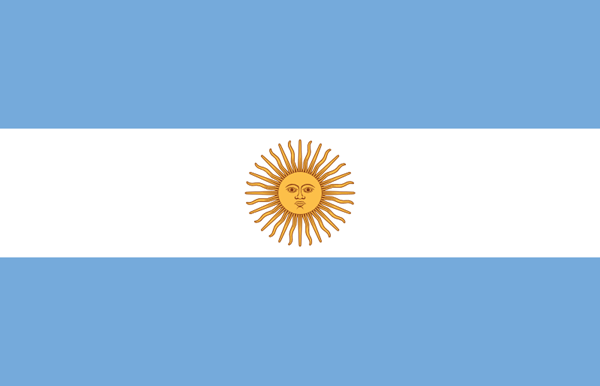Login form
Customs of Argentina
Marriage and Family
 Most couples marry in their 20s, after dating for a number of years. Weddings are usually very elaborate, involving both a civil and a church ceremony, and a large reception with dinner and dancing. Gifts are not brought to the reception but are purchased at and delivered by a gift shop where the couple has registered.
Most couples marry in their 20s, after dating for a number of years. Weddings are usually very elaborate, involving both a civil and a church ceremony, and a large reception with dinner and dancing. Gifts are not brought to the reception but are purchased at and delivered by a gift shop where the couple has registered.
The nuclear family predominates in
Eating
Argentines eat more beef per capita than any other people in the world. Because
Traditionally the main meal is in the middle of the day, but many of those who work in cities now have it in the evening, usually after 9 pm. Argentine eating habits and table manners have been influenced by European customs. People hold their forks with the left hand. Eating in the street or on public transportation is considered inappropriate.
Socializing
When being introduced, it is customary to address people by a title such as Señor (“Mr.”) or Señora (“Mrs.”), and people may shake hands. A brief embrace with a kiss on the cheek is a common greeting between women or between a man and woman who are well acquainted. The Spanish ¡Buenos días! (“Good morning”— ¡Buen día! in
Argentines often visit friends and relatives without prior arrangement. People enjoy having guests in the home and usually offer them refreshments such as espresso-style coffee, tea, or maté. Drinking maté is an important cultural tradition, and is surrounded by a number of informal rituals—for example, the container it is served from is passed around from person to person. There is a relaxed attitude toward punctuality and even if guests arrive as much as an hour after the stated time, it is unlikely to cause offense.
Recreation
Soccer is the national sport and is enjoyed by children and adults alike. Other popular sports include rugby, tennis, and golf. Field hockey is popular among women. The Teatro Colón, a fine opera house, is located in
Holidays and Celebrations
Holidays in
Malvinas Day, on 2 April, commemorates the failed Argentine attempt to recover the
The death of General José de San Martín, known as “the Liberator” of
The Immaculate Conception (8 December) celebrates the Roman Catholic belief that Mary’s soul was preserved free from original sin, and, finally, Argentines celebrate Christmas Day on 25 December with fireworks, among other festivities.
Girls have a special celebration for their 15th birthday, or cumpleaños de quince, which is said to signify their entrance into adulthood. The celebration is known as the quinceañero.
Source: Encarta Interactive World Atlas

